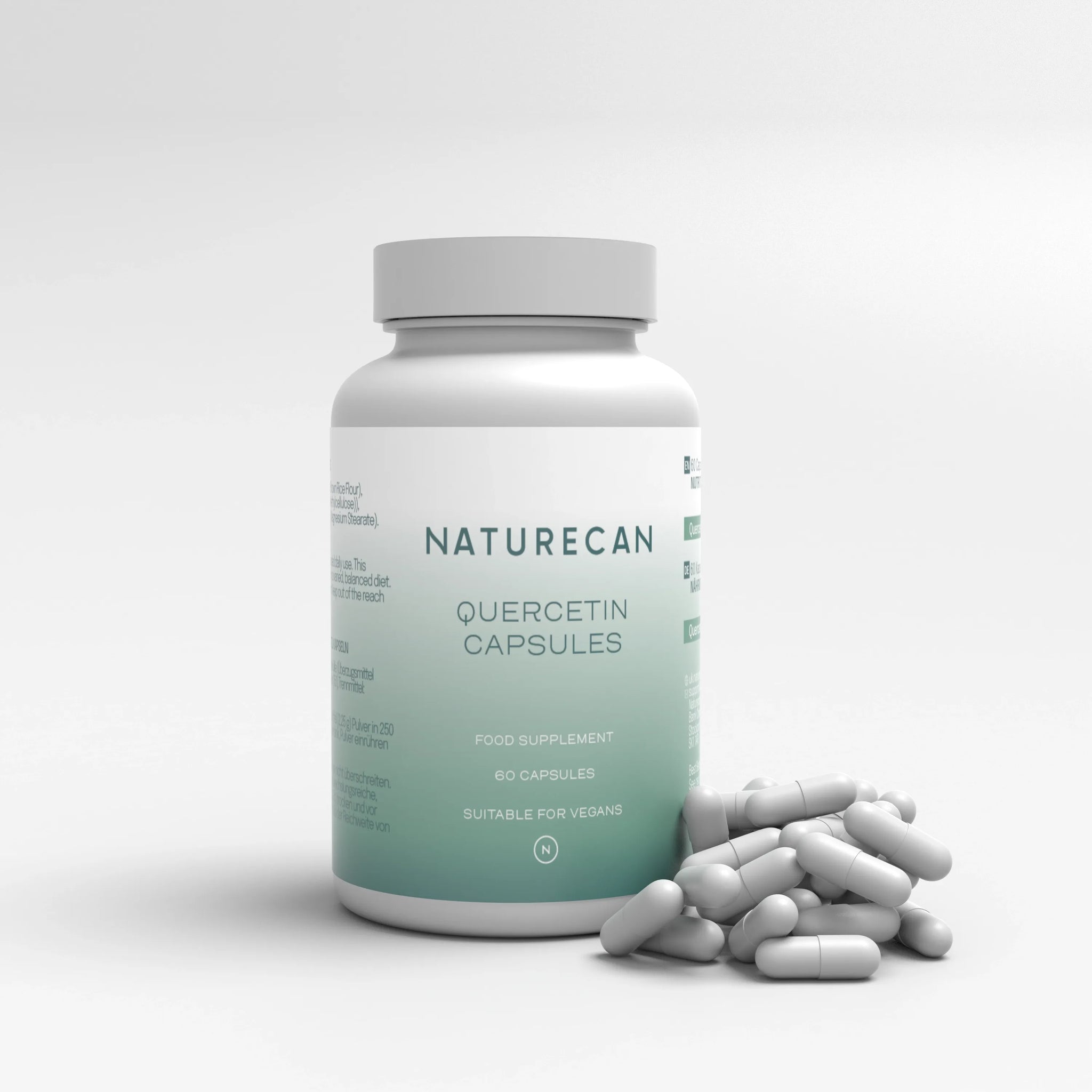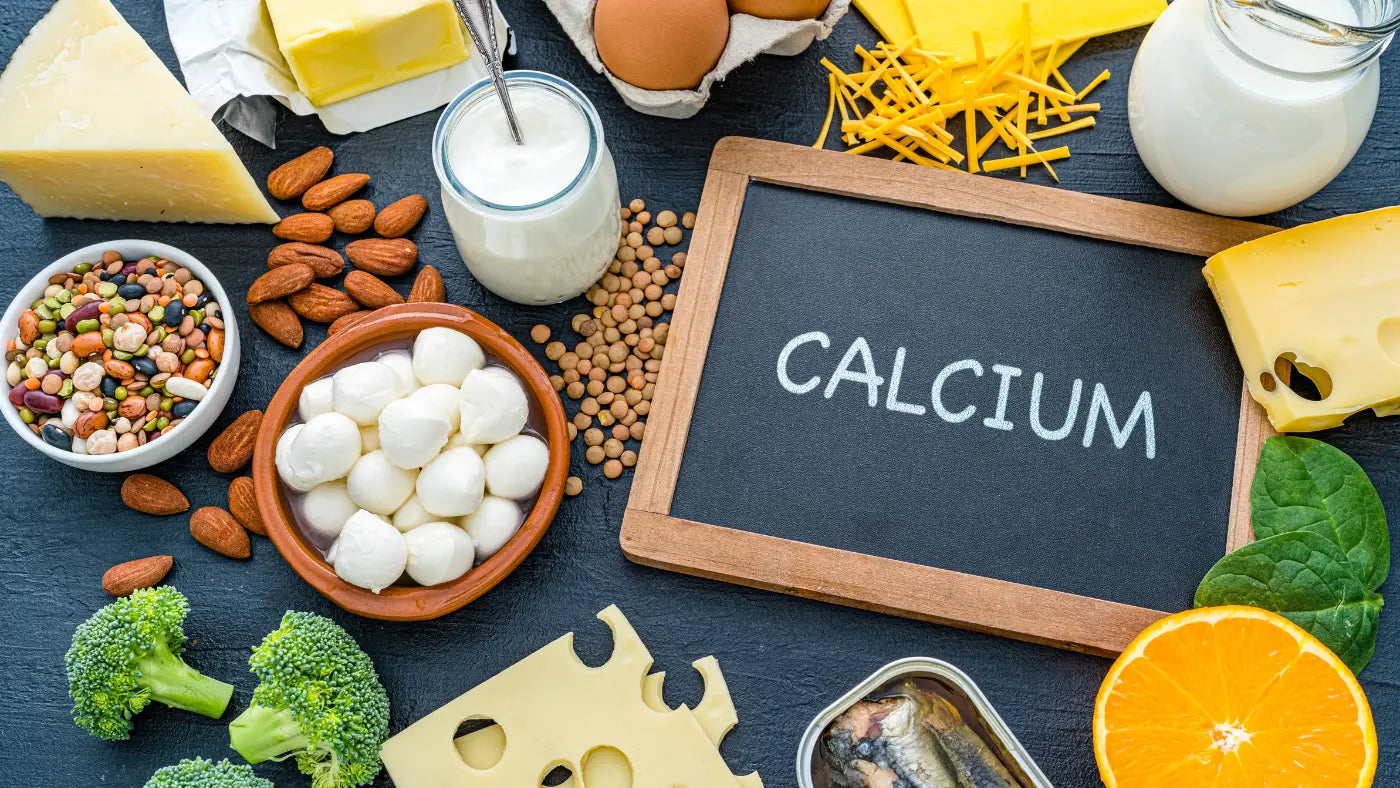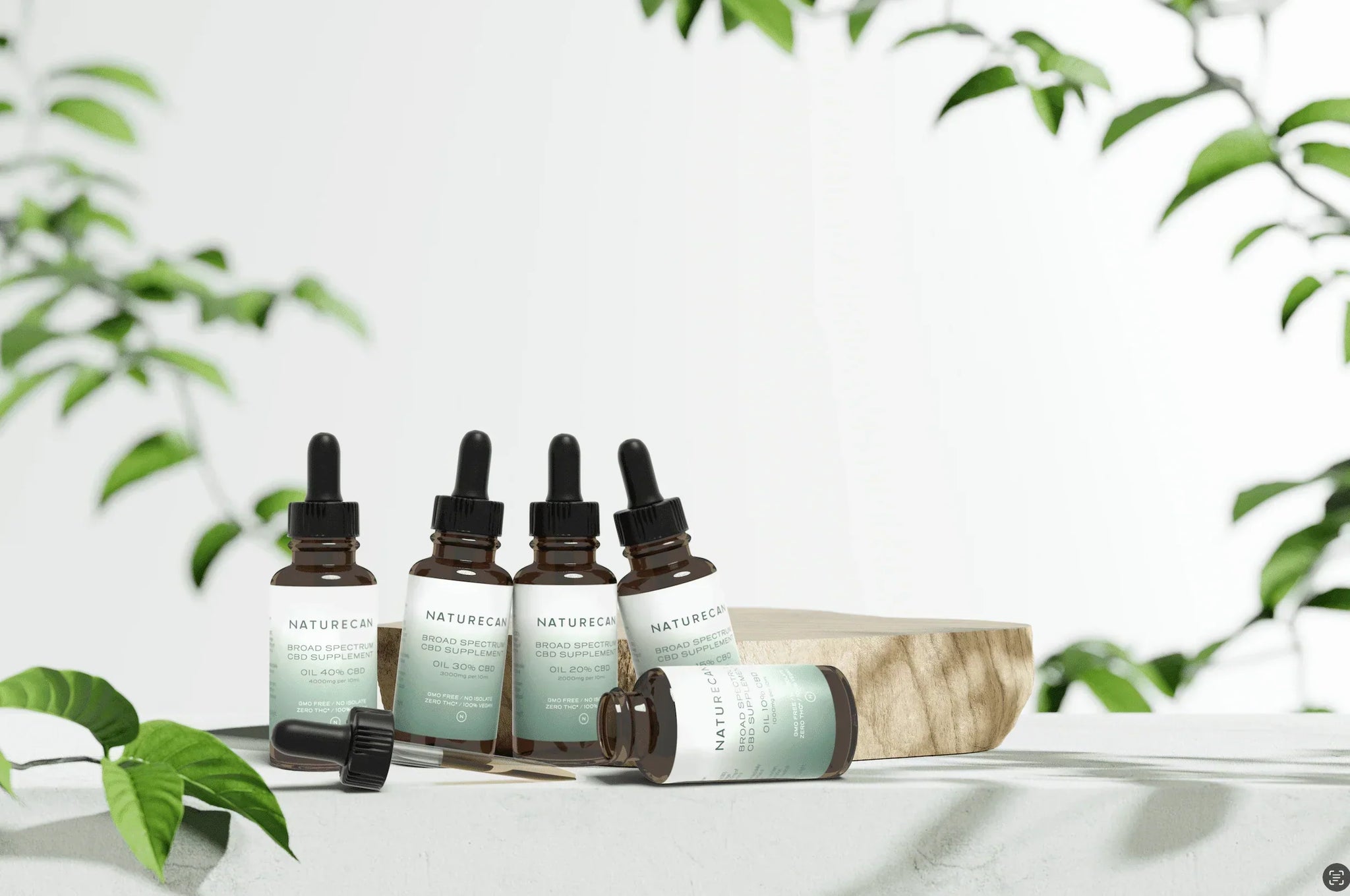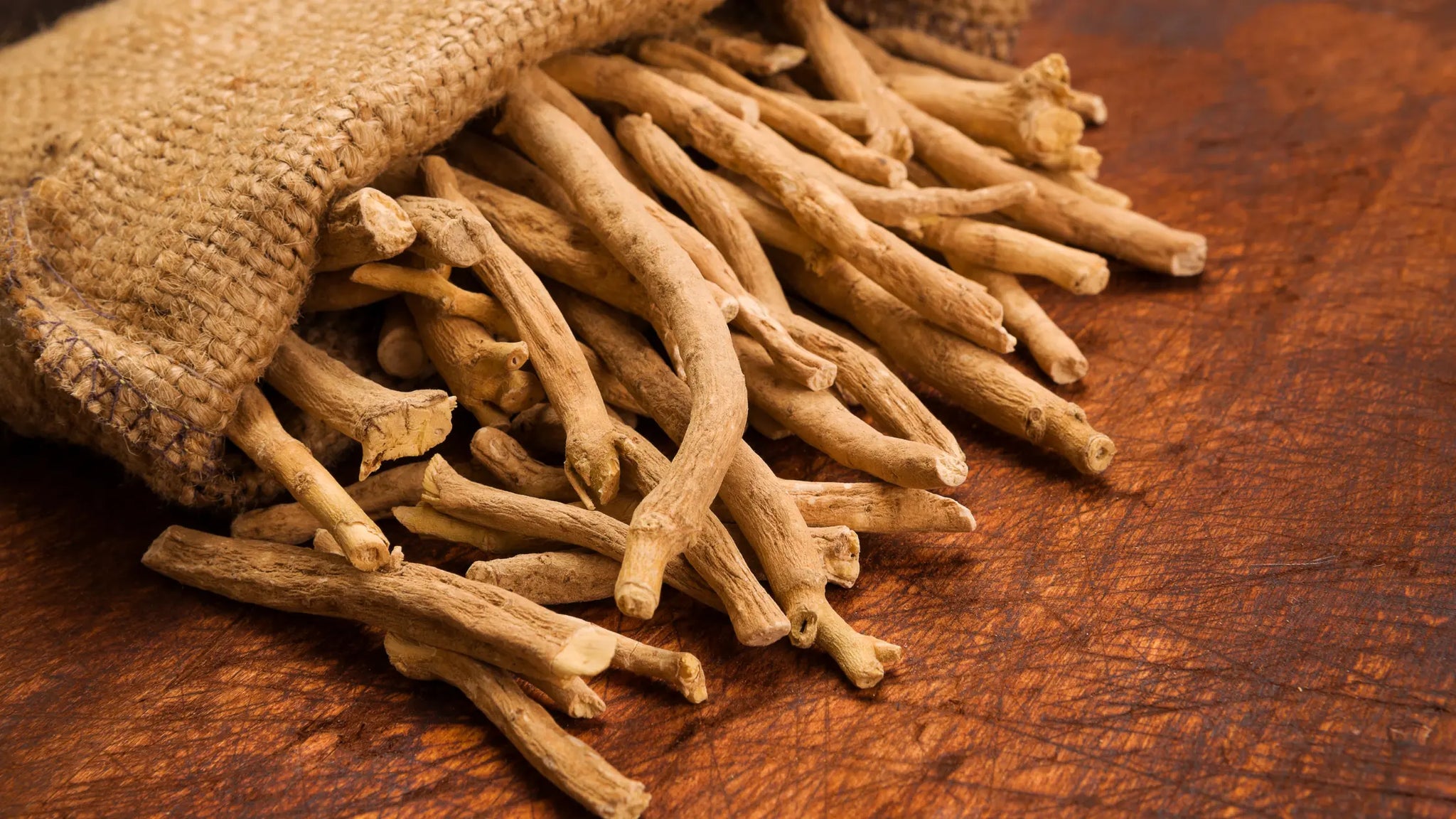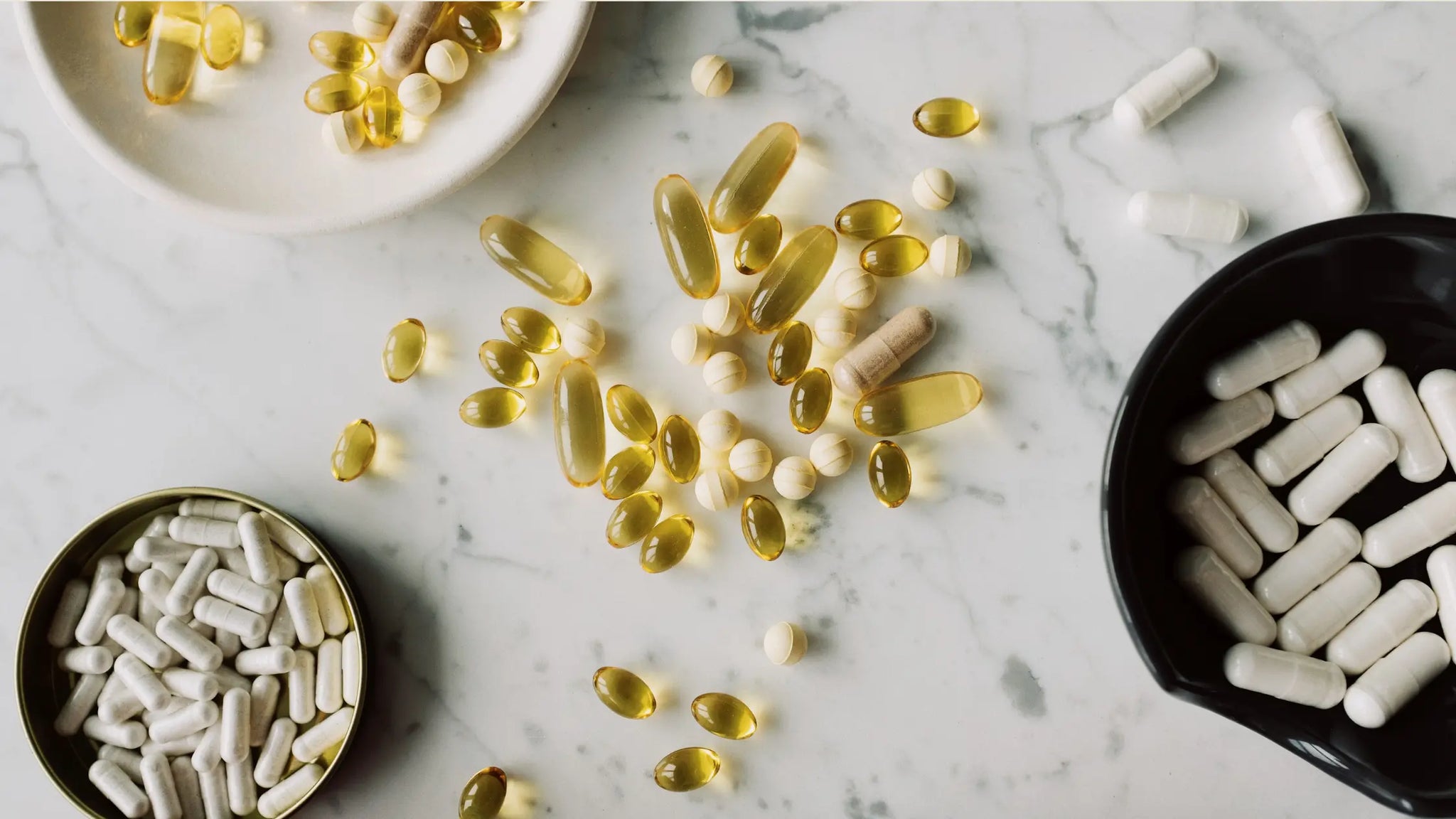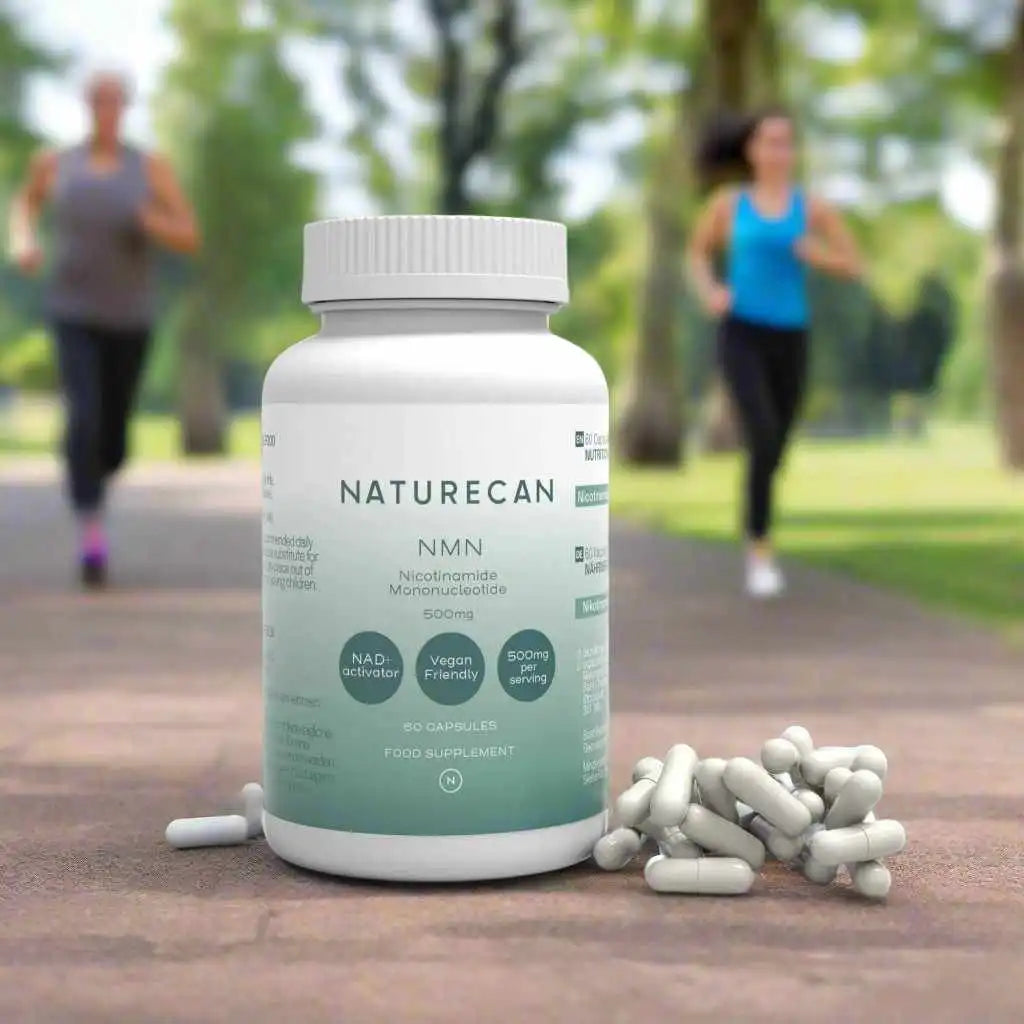What Is Silicium? Benefits, Dosage And Side Effects

Written by Jordan Caulfield & Reviewed by Paul Holmes.
If you're someone who cares about healthy skin, hair, and ageing gracefully, it’s likely you’ve come across all kinds of beauty supplements, from collagen powders to antioxidant capsules.
But there's one natural mineral quietly gaining attention that you might not have heard of yet: silicium.
So, what is silicium, and why are more people turning to it as part of their wellness routines?
In short, silicium is an organic, plant-based compound typically derived from bamboo. It’s vegan-friendly, gentle on the body, and supports everything from collagen production to connective tissue health. It works behind the scenes to help your body build and repair itself.
What Is Silicium?
Silicium is a trace mineral naturally found in rocks, water, and plants. When discussed in the world of supplements, we’re referring to a bioavailable form of silicon, one that your body can absorb and use.
The version often used in beauty and wellness products is derived from bamboo, making it 100% natural and vegan-friendly. This plant-based origin makes it a perfect choice for people looking to take a more conscious approach to their skincare or joint support routine.
Silicium works behind the scenes to support:
- Collagen production
- Skin hydration and elasticity
- Stronger hair and nails
- Connective tissue and joint health
As we age, our natural silicium levels decline just like collagen. That’s why supplementing it can be helpful, especially if you're noticing changes in your skin or joints and want to give your body a boost.
What’s Inside: Silicium Nutritional Value
Here's what you can typically expect in one capsule of a high-quality silicium supplement made from bamboo extract:
| Nutrient | Avg amount per capsule |
|---|---|
| Bloosil | 100mg |
| Other Ingredients | Bulking Agent (Cellulose), Ascorbic Acid, Capsule shell (Hydroxypropyl Methylcellulose) |
There’s currently no official daily value set for silicium, but most supplements aim for 50–100mg per day.
Silicium Benefits: What Can It Actually Do?
Here are the top 5 reasons silicium is growing in popularity, backed by both research and real-life results.
1. Boosts Collagen Production
Collagen is the protein that keeps our skin smooth, firm, and bouncy. It also supports joints, bones, and other connective tissues. But from our mid-20s onwards, our natural collagen levels start to dip.That’s where silicium comes in. It helps your body create and maintain collagen, which may lead to:
- Plumper, more elastic skin
- Stronger, shinier hair
- Healthier nails
- Improved joint flexibility

2. It Supports Hair, Skin, and Nail Health
If you’re noticing brittle nails, dry skin, or thinning hair, your body might be craving a little more support. Silicium contributes to the structure of keratin, the protein that makes up your hair and nails.
Regular supplementation may help:
- Strengthen nails and reduce breakage
- Improve hair texture and thickness
- Enhance skin smoothness and hydration
3. It’s Great for Joint and Tissue Support
Because silicium helps your body produce collagen and maintain connective tissue, it may also support joint health, particularly useful if you're active, ageing, or both.
Some people report feeling less stiff and more mobile when they include silicium in their daily routine.

What The Science Says
So, does it really work? Here's what some of the research says about silicium and its effects.
Silicium & Bone Density
A 2008 study found that people who consumed more silicon through their diets had higher bone mineral density, especially in younger women. [1]
Silicium for Hair, Skin, and Nails
In 2005, a double-blind study showed that women who took a bioavailable form of silicon saw stronger hair, less brittle nails, and smoother skin after 20 weeks. [2]
Recovery and Connective Tissue
Earlier studies, like one in 1993, suggest that silicon may help speed up healing in bones and connective tissue. [3]
Can You Get Silicium From Food?
You can, but probably not enough for a noticeable impact on your skin or joints.
Food Sources of Silicium:
- Oats
- Barley
- Brown rice
- Leafy greens
- Green beans
- Beer
Since silicium levels in food can be low and inconsistent, taking a daily supplement is often the best way to get reliable results.

Silicium and Quercetin: A Powerful Duo for Skin and Antioxidant Support
If you're already taking silicium, you may be wondering what other supplements can help you get the most out of it.
One standout combination that’s gaining attention is silicium and quercetin.
While silicium supports collagen production, connective tissues, and skin elasticity, quercetin brings in powerful antioxidant effects.
Together, they form a great duo, working in different but complementary ways to support your overall wellness.
Why Quercetin?
Quercetin is a natural flavonoid found in foods like apples, onions, and berries. It’s known for potentially helping to:
- Fight free radical damage
- Support physical performance
- Support immune function
- Protect skin from oxidative stress
How They Work Together
Think of silicium as the builder, and quercetin as the shield. While silicium helps your body regenerate and maintain the structure of skin, joints, and nails, quercetin helps protect those same systems from oxidative stress.
When taken together, they may:
- Promote clearer, smoother skin
- Enhance collagen retention
- Support physical performance
- Offer better support for graceful ageing
This combination is especially helpful if you're targeting skin issues like dullness, sensitivity, or loss of elasticity, or if you're after a natural way to manage oxidative stress.
Any Side Effects To Watch Out For?
For most people, silicium is very safe when taken in the right doses. But like any supplement, there are a few things to keep in mind.
Possible Side Effects:
- Minor stomach upset if taken on an empty stomach
- Allergic reactions (rare, but possible if you’re sensitive to plants)
To avoid side effects:
- Take your supplement with meals
- Start with a lower dose if you’re new to it
- Always follow dosage instructions on the label
And of course, check with your GP if you're pregnant, breastfeeding, or taking medication.

FAQS About Silicium
When is the best time to take Silicium?
It’s usually best taken once a day with a meal, to help your body absorb it more effectively.
Can Silicium be taken alongside medication?
Yes, in most cases, but always check with your GP first, especially if you’re on medication or have a health condition.
What supplements work best alongside Silicium?
Silicium pairs great with:
- Collagen to support skin and joints
- Quercetin for antioxidant support
- Other beauty supplements for full-body benefits
Final Thoughts: Should You Try Silicium?
If you’re looking for a natural, vegan-friendly way to support your skin, joints, hair, and overall wellbeing, silicium could be a great choice.
It’s gentle, plant-based, and works from within to help your body do what it already knows how to do: heal, repair, and regenerate.
Whether you’re noticing the first signs of ageing or simply want to invest in long-term wellness, silicium offers real, lasting support.

Reviewed by Paul Holmes
Director of Science and Innovation at Naturecan
Testing for large pharmaceutical & tobacco companies, Paul has built a wealth of scientific and regulatory knowledge, working on regulatory submissions to bodies such as the FDA and the MHRA.
He holds a BSc in Medicinal and Biological Chemistry and sits on the UKAS CBD Food Product Approval Expert Group.

